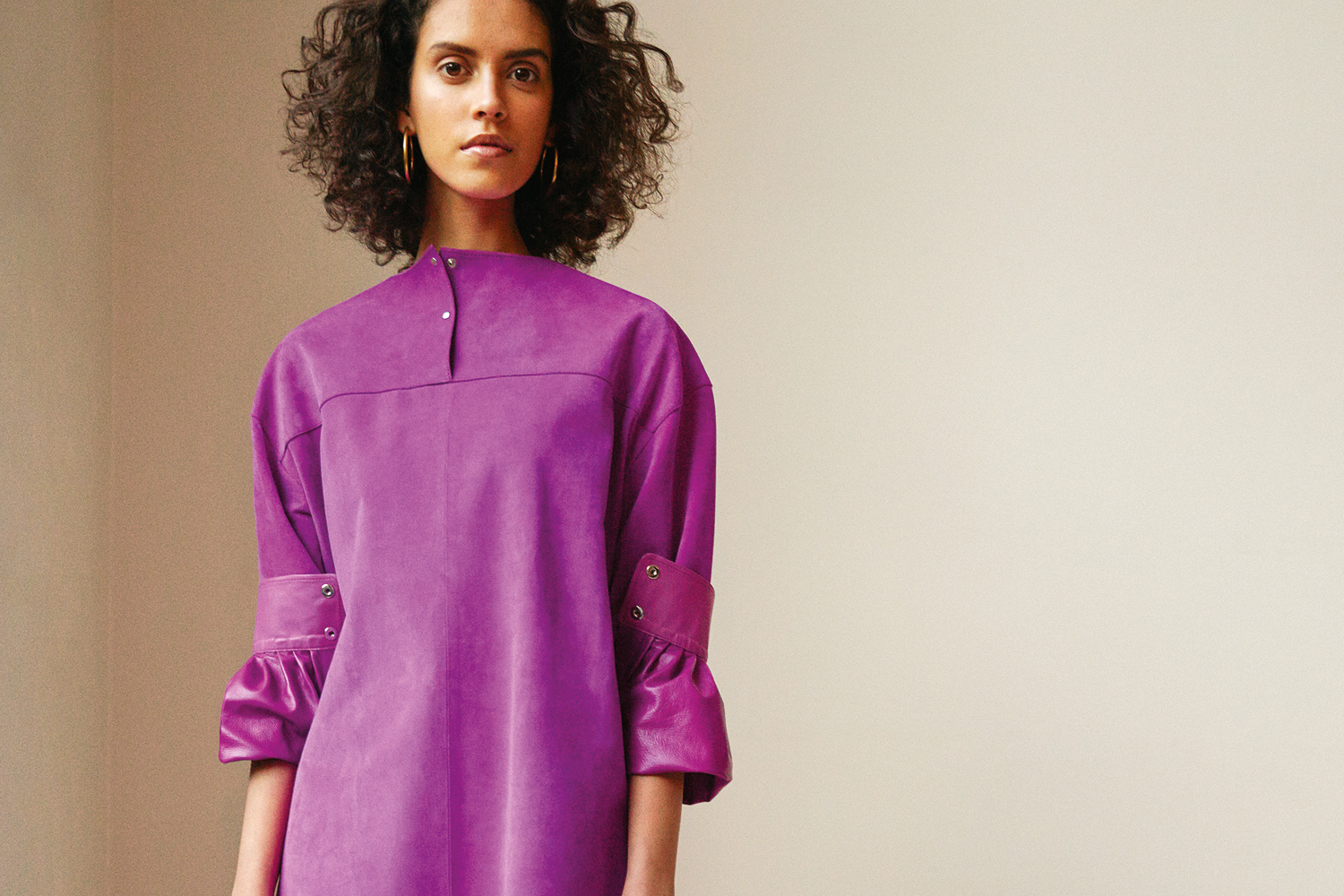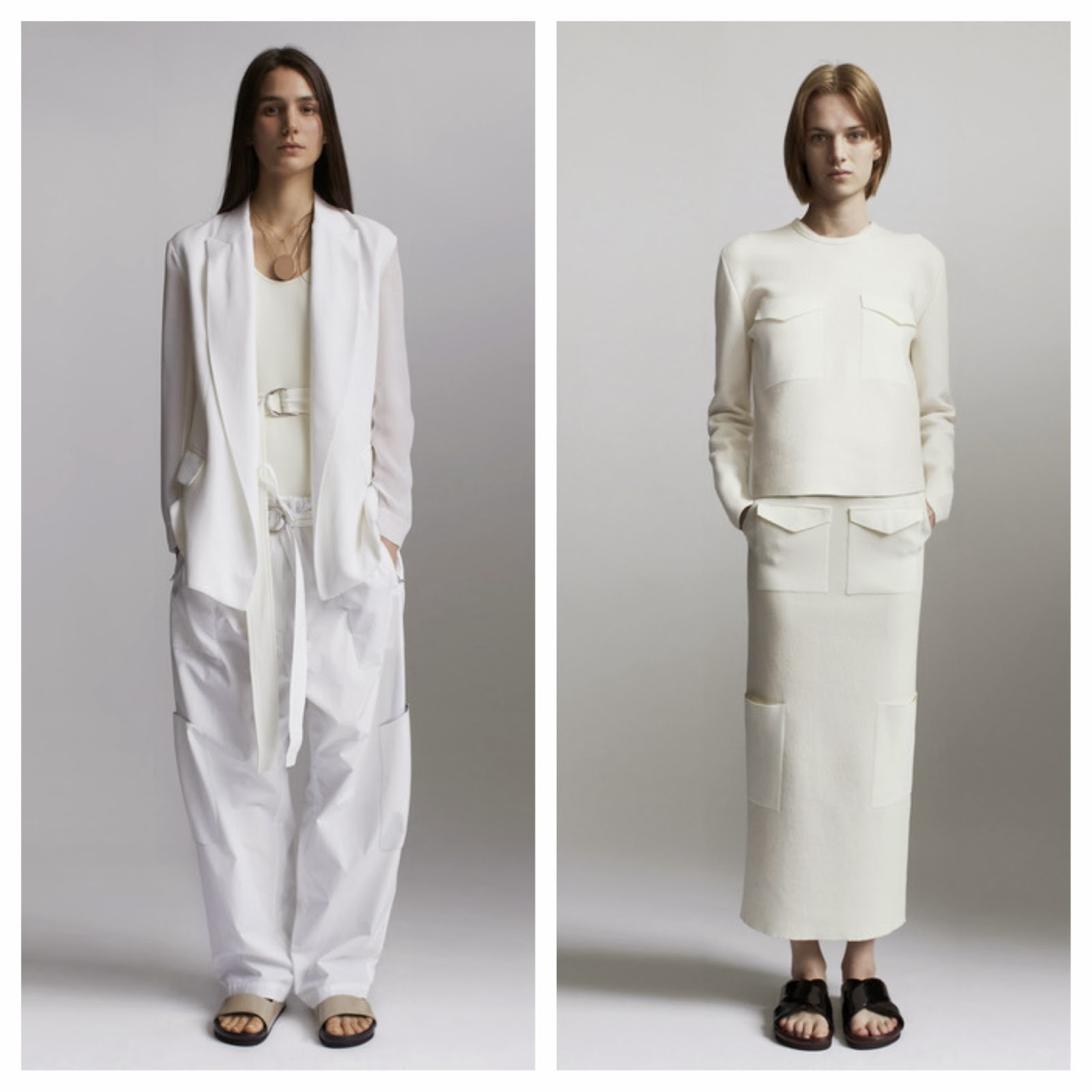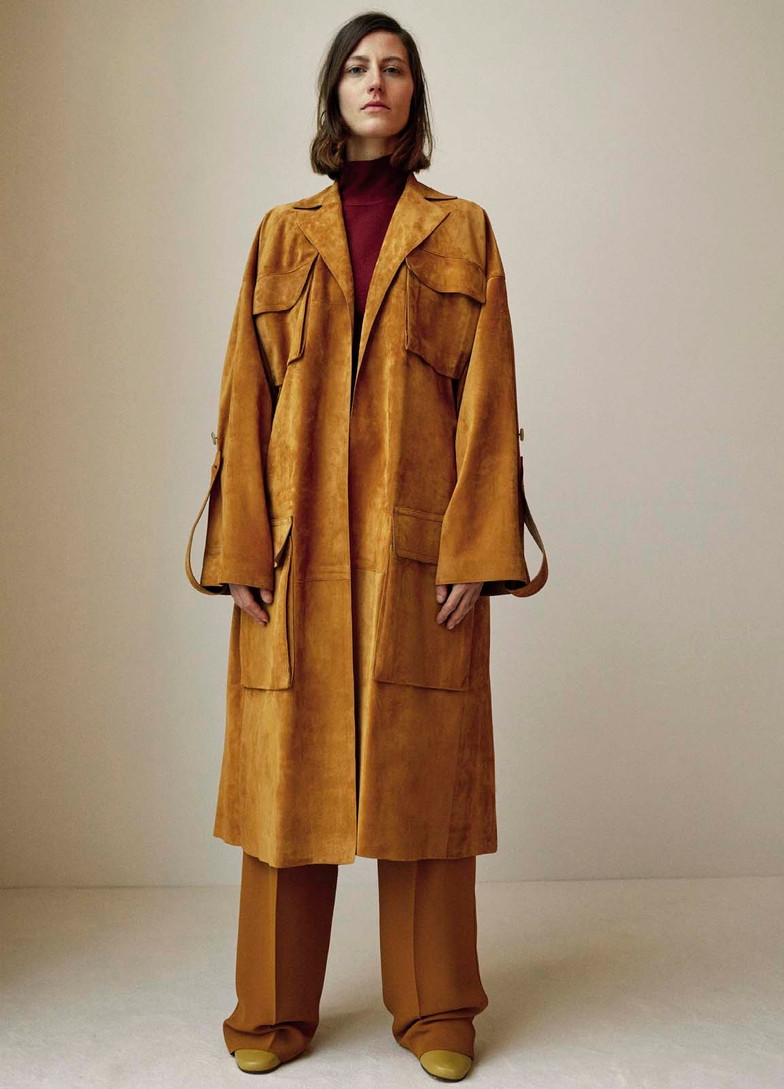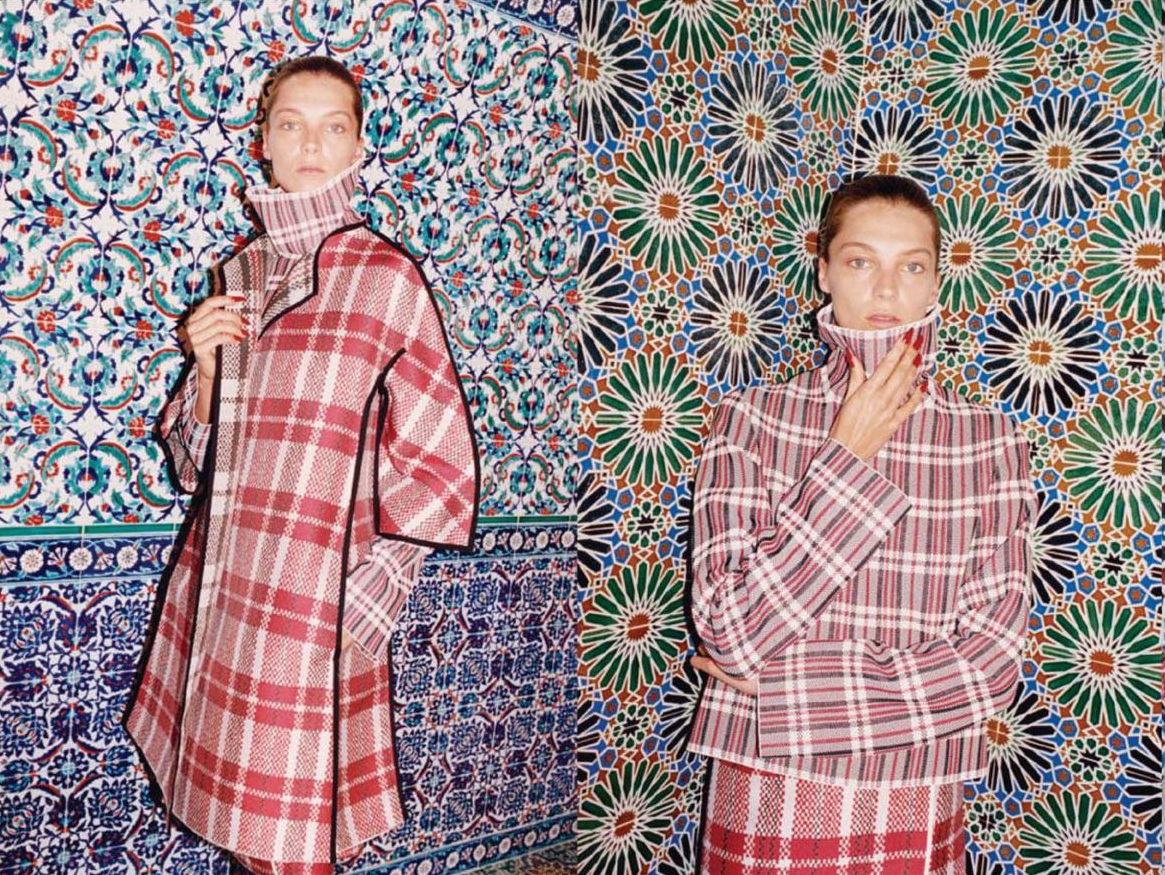Phoebe Philo: Céline-Queen, Quiet Leader, Gentlewoman
By Something CuratedPhoebe Philo is a highly influential British fashion designer whose work at Chloé and Céline has come to redefine womenswear.

The Parisian-born, London-educated designer graduated from Central Saint Martin’s in 1996, heading to Paris the next year as Stella McCartney’s first assistant on ready-to-wear at the somewhat outmoded luxury French label Chloé. In 2001, she was appointed as Creative Director of the label, and soon became an instrumental force in its revitalization as a forward-thinking luxury brand. Philo’s aesthetic is a calm and collected cool, using sharp cuts, clean lines and a tonal colour palette that is not ostentatiously or self-consciously feminine. This unhurried confidence and alliance to an evolving yet unchanging aesthetic has become an iconic and inimitable anchor in an industry seemingly obsessed with changing face to fit into the newest trends.

Philo’s devotion to her family of four is also a unique one given her cult status in the fashion industry. In 2004 she married the British gallerist Max Wigram, and was the first high-profile female designer to take maternity leave whilst she was at Chloe, missing an entire season in 2005 – a move then unheard of. In 2006 and at the height of her success, she left the French fashion house in order to spend more time with her family.

In 2008 she returned to the fashion world as Creative Director of LMVH’s Céline and board member of Céline S.A. Debuting with Céline’s Pre-Spring 2010 collection, Philo’s designs for her inaugural year at Céline were especially well received. In late 2010, Philo was named British Designer of the Year by the British Fashion Council for the second time. In 2011 she received the International Award at the CFDA Fashion Awards.

Traditional at times and startling at others, her design work can’t be time-stamped or pinned to a singular heritage. It passes through seasons organically with these small changes appearing as natural as gentle inhalations and exhalations of passing trends or changing moods – speaking metaphorically, they’re all undeniably the same person. She effectively revitalized the tired Parisian fashion houses by letting them go of the death-grip they had upon their past and all its nostalgic connotations. She also set a new standard in the industry for being a female designer and a mother – for having the right to be both, unapologetically and uncompromisingly.
Through her sense of classic-cool she has had a profound influence on the future of fashion, from its return to minimalist aesthetics and esthetics (think: lesser and more long-term garments, from radical new forces like Vetements to the more traditional Gucci and Burberry all bucking the tradition of gender-specific shows and seasonal collections) to the place of feminism in the fashion world, joined by the ranks of Nick Knight and others working to dissolve sexism in the industry.